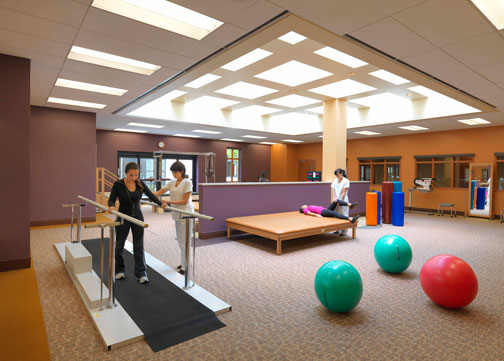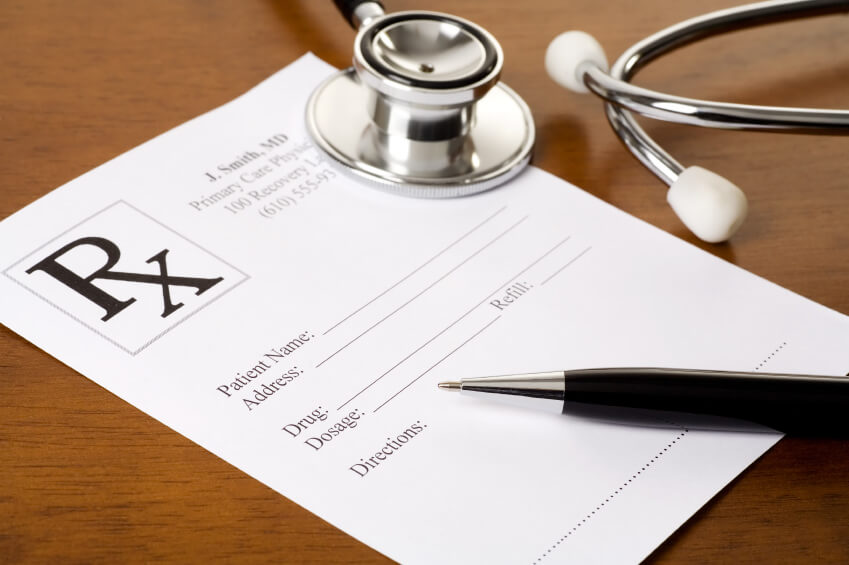
Prescription drug abuse and addiction is becoming a more common form of substance abuse due to the easy availability of pharmaceuticals from physicians. In most cases of prescription drug abuse, the user was prescribed medication for a temporary or long-term medical condition. Occasionally, individuals begin to use a family member or friend’s medication, leading to steadily needing more of the drug to keep feeling its physical and mental effects.
Treatment for prescription drug abuse and addiction requires seeing specialists with an understanding of a patient’s chronic health conditions that still require medication. While overcoming a prescription drug habit at a rehabilitation center, a client often needs alternative treatments to deal with intense physical pain or migraine headaches.
Seek a Professional Rehabilitation Center

Individuals are prescribed controlled medications for a variety of health conditions to alleviate pain, destroy infection or change emotional moods. Unfortunately, a few types of prescription medication lead to addiction when used for too long. Pain relievers also known as painkillers are the most common type of prescription medication that leads to addiction. Other types of medications, including barbiturates and amphetamines that change energy levels are also frequently abused drugs. Once an individual realizes they have an addiction issue, they must seek professional treatment from trained counselors in a rehabilitation setting. Attempting to overcome addiction without help can cause people to feel horrible with constant shaking, rapid heartbeat or heavy perspiration.
Engage in Intense Therapy Sessions

The intense cravings for the prescription medication can cause someone to engage in illegal or immoral behavior to get the drug quickly. While friends and family members are vitally important during substance abuse rehabilitation, they should not attempt to help a loved one with an at-home intervention. The addicted individual requires daily cognitive behavioral counseling to find new ways to deal with their anxieties and stresses, instead of taking prescription medications. The drug abuser will have individual and group counseling sessions in order to build a supportive team that encourages recovery while at the rehabilitation center and during aftercare.
Complete a Supervised Prescription Drug Detoxification

It is possible to choose from a variety of programs such as 24-hour residential care or outpatient treatment, depending on the drug used and length of addiction. Anyone seeking treatment can find a list of mental health clinics, rehabilitation centers or support groups with an online search or telephone directory. Alternative, a physician or hospital can provide information on where a prescription drug addict can go for treatment. Addicts typically require an initial detoxification to get the chemicals flushed from the body. While in treatment, a psychiatrist may prescribe therapeutic maintenance medications to a patient to reduce the mental and physical cravings for an addictive drug. Patients in rehabilitative substance abuse treatment often follow a popular 12-step program, but alternative therapies such as massages or acupuncture are also helpful.
Call Today to Get Help with Prescription Drug Abuse and Addiction
Many prescription drug abusers hit rock bottom with an addiction, leading to incarceration for crimes such as stealing medications from others. Instead of desperately visiting numerous physicians to get a prescription for a drug, contact a rehabilitation facility immediately. Clinics that treat addicts maintain emergency telephone lines to assist individuals who are feeling desperate. All information supplied to a counselor either in person or on the telephone is 100 percent confidential. Before calling for help, prepare to tell a psychologist the type of prescription medication being used along.
Infographic Source :- 24houraddictionhelp.org


